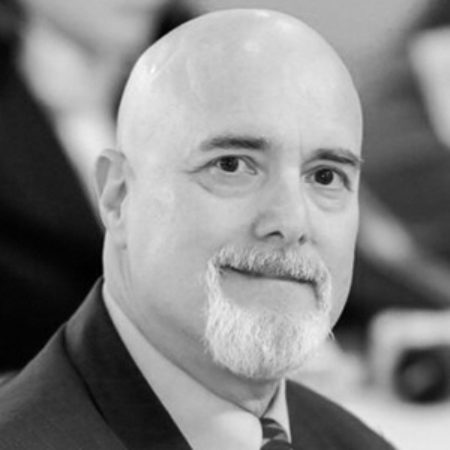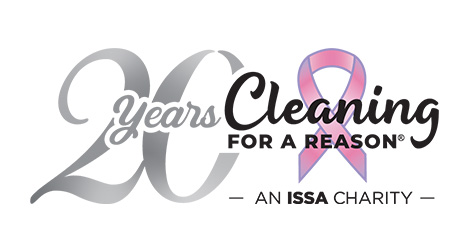The professional cleaning industry is looking to attract younger people into its ranks. As solid and essential as the industry is to our economy, it does not carry the same mystique and excitement as, for instance, the budding artificial intelligence industry or related technology industries.
Years ago, there were more mom-and-pop distributorships and manufacturers in the professional cleaning industry. As the older generation retired, the younger generation stepped in to take over the business. Now many of those smaller companies have been absorbed into larger organizations and corporations. The mom-and-pop atmosphere is gone, and with it, the kids.
What steps can the industry take to interest millennial and Generation Z workers?
Sustainable Practices Are Key
To recruit younger generations, companies must recognize the importance they place on sustainability and climate change. According to Madeleine Cuff, a senior reporter for BusinessGreen, if she were to take a straw poll of just about everyone she knows in her age group, “climate change will be up there as one of the big issues they care about.”
This has been supported by numerous recent studies and surveys. For instance:
- A study in March 2018 by the Pew Research Center found 65% of all U.S. millennials believe there is substantial evidence of global warming and attribute this to human activity. Further, the center says this is the first generation in which this viewpoint is so widely shared.
- Another 2018 Pew study investigating whether Republican millennials differ from older Republicans when it comes to sustainability, climate change, and related environmental issues found a significant divide between older and younger party members. Among Republican millennial participants, 36% believe the earth is warming and it is due mainly to human activity. Further, 45% say they see the impact of climate change in their communities, whereas only about one-third of the older party members say they are witnessing such changes.
- A Massachusetts Institute of Technology study reported that millennials identify themselves as “climate-conscious,” with most believing they care about the environment far more than earlier generations.
Sustainability Beats Pay
One study really hit home when it comes to attracting millennials into the workplace. Apparently sustainability, climate change, and the environment are so important to millennials that 75% said they would be willing to take as much as a 10% pay cut—up to $10,000 in annual salary—to work for a company that has a strong sustainability plan and has taken significant steps to be more environmentally responsible.
The study, which was conducted by Swytch, a blockchain-based energy platform, also reported that fewer than 25% of Generation Xers (now between 40 and 55 years old) would make this change; that number drops to 17% for baby boomers.
For the past 30 years, we have been talking about climate change; however, it was often viewed as a distant threat. Today, young people are noticing the effects of climate change and believe these effects will become more evident, and even scarier, during their lifetimes.
So how can our industry attract these younger people—who, by the way, tend to be very well educated, highly productive, passionate about their jobs, and willing to take risks. It must be sustainability-focused—with the technology and data to validate its sustainability accomplishments—and taking action to address climate change and protect our environment.




